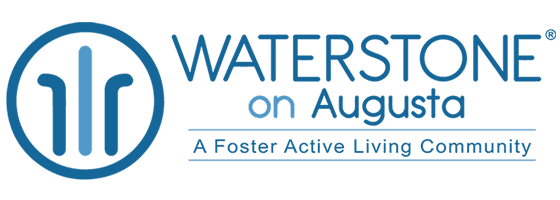Feeling a little fuzzy after skimping on sleep? It’s not your imagination – poor sleep can contribute to serious brain fog. In fact, research suggests that poor sleep may have far-reaching cognitive impacts that go beyond day-after fatigue. Researchers have found the link between poor sleep and Alzheimer’s, which suggests that sleep disorders can increase your chances of developing dementia. Fortunately, there are several ways to treat sleep disorders to keep you healthy.
The Link Between Poor Sleep and Alzheimer’s
The Research
Three recent studies by researchers at Wheaton College in Illinois found significant connections between breathing disorders that interrupt sleep and the accumulation of biomarkers for Alzheimer’s disease. These sleep-disordered breathing conditions – conditions like sleep apnea – can lead to hypopnea (under-breathing) and apnea (not breathing) during sleep. Both of those conditions can dramatically reduce sleep quality. That, in turn, can accelerate the accumulation of beta-amyloid proteins in the brain, which contribute to brain degeneration in Alzheimer’s patients. Of course, the first step in tackling these disorders is securing a diagnosis.
Diagnosing Sleep-Disordered Breathing
Are you a noisy sleeper? Maybe your loved ones have accused you of “sawing logs” in the past? Chronic snoring is more than just a pain: It’s a classic indicator of sleep apnea. You might also suffer from fatigue, irritability, and excessive sleepiness as a result of your poor sleep quality. These symptoms can be confusing, since many sleep apnea sufferers don’t remember waking up in the night. If you’re experiencing these symptoms, you may have one of the common forms of sleep apnea:
- Obstructive sleep apnea: The Alzheimer’s Association reports that the most common form of sleep apnea occurs in around 3 in 10 men and 1 in 5 women. Obstructive sleep apnea occurs when your upper airway repeatedly collapses during sleep.
- Central sleep apnea: Characterized as a “lack of drive to breathe during sleep,” central sleep apnea can result from high altitudes, narcotic use, or other hereditary breathing issues. Diagnosing central sleep apnea is a bit tricky as patients don’t often snore.
- Complex sleep apnea: Complex sleep apnea combines the symptoms of obstructive sleep apnea with central sleep apnea. You might also display a Cheyne-Stokes breathing pattern, which manifests as progressively deeper breathing followed by a gradual decrease and eventual ceasing of breathing.
The Solution
If you’re experiencing sleep apnea symptoms, alert your doctor right away. You’ll likely be asked to participate in a sleep study, which may require an overnight stay at a sleep center. Sleep studies are used to diagnose sleep apnea and determine a treatment course, the latter of which often involves a continuous positive airway pressure device (CPAP). CPAP devices gently blow air into your airway as you sleep via an oxygen mask. There are also several minor surgical changes you can make to reduce the effects of sleep apnea.
_____
A good night’s rest can work wonders on your overall health, including reducing the likelihood that you will develop dementia. The link between poor sleep and Alzheimer’s might be alarming, but the faster you treat the problem, the lower your risk of dementia will be. Additionally, if you or your loved one has already been diagnosed with dementia, quality sleep can dramatically reduce the severity of symptoms.
Are you looking for a premier assisted living and memory care community in the heart of downtown Greenville, South Carolina? Come visit us at Waterstone on Augusta. Our community is both relaxing and elegant, and we strive to enhance the quality of life of the seniors we serve through teamwork and unity. To learn more about our amenities and to view our lovely community, please schedule a tour online or call us today at 864-605-7236.

